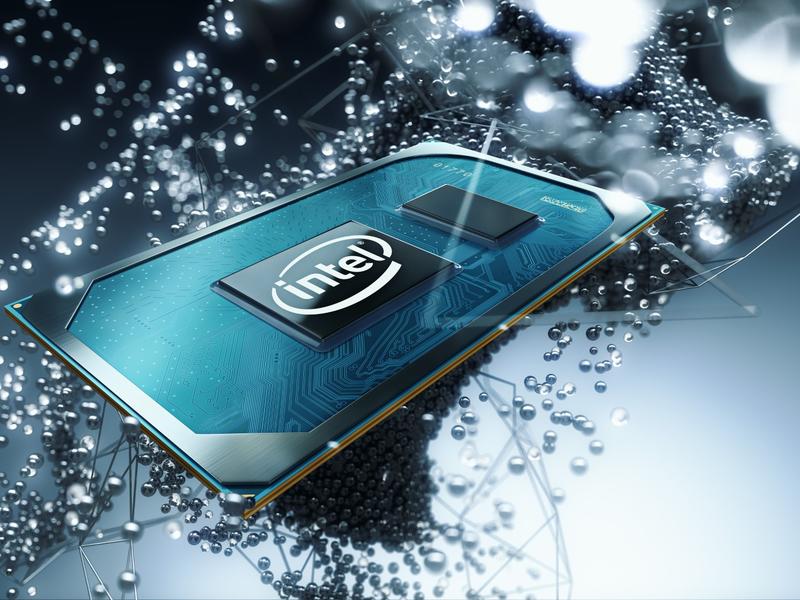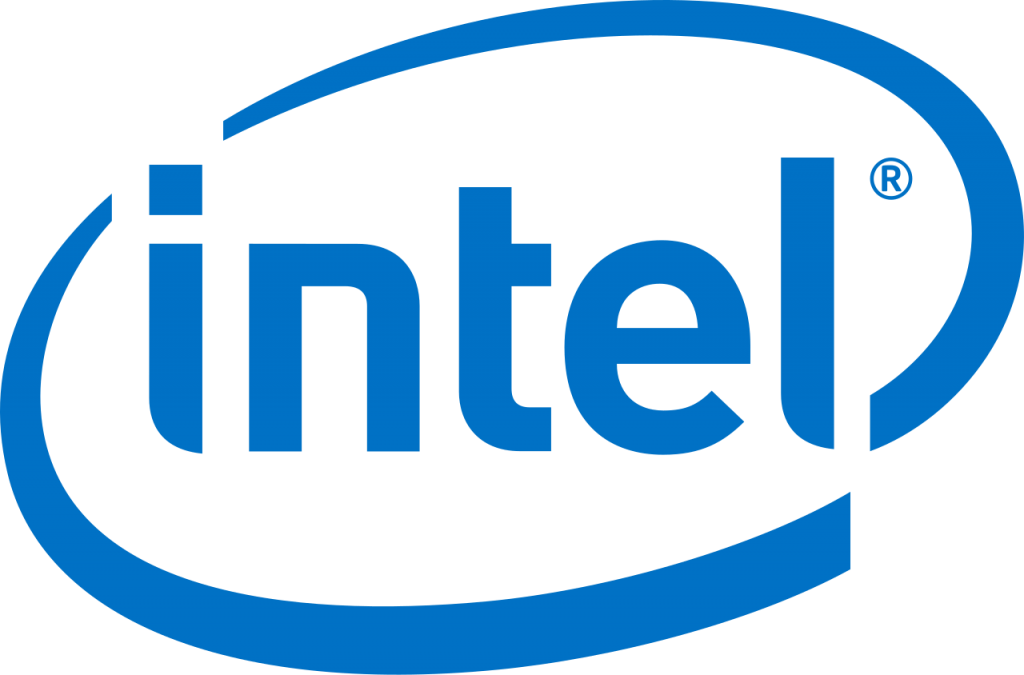Intel Announces New Iris Xe Max GPU with AI and Encoding Performance Boost
Intel recently announced that its 11th Gen Tiger Lake Core CPUs would be the first to feature its Xe graphics. The new integrated graphics model and architecture will be a revolutionary technology, helping computers render more realistic images. While laptops powered by the new CPU go on sale around the world, Intel has more exciting news to share. The tech giant announced on Saturday that some of these laptops would also feature the Intel Iris Xe Max. The company’s first discrete GPU, the Xe Max comes with some advanced features. Let us take a look at why this announcement has sent ripples through the tech world.
Surprise Announcements by Intel
Through a surprise announcement, Intel disclosed details regarding its first discrete GPU. The model can integrate with several laptops and help them improve their performance. Furthermore, Xe GPUs help accelerates graphics performance and other AI-based tasks. Enthusiasts first got word of the new model when Intel included it as a part of its brand overhaul way back in September. Since then, there has been a lot of speculation regarding the product and its specifications. Furthermore, the GPU also showed up in the specifications list put up by other laptop manufacturers, including Acer.
New GPU Specs
The Iris Xe Max takes a lot of inspiration from the Xe-LP GPU, the integrated GPUs which power the 11th-Gen Tiger Lake processors. The product targets thin laptops that are light and work well in conjunction with the laptop’s built-in GPU. Such integration is possible due to Intel’s software, dubbed Deep Link. Some of the primary capabilities that can receive a boost due to such integration include AI inferencing and video encoding. The software titled Deep Link can manage the thermal headroom and power requirements of the GPU and CPU. Intel claims that it leads to a 20% improvement in CPU performance, similar to how the AMD SmartShift feature works.

Furthermore, Intel promises AI-based content formulation that is seven-times faster than previous models. The combination of the 11th Gen Core i7 with the Xe Max can hence be a revolution. This new integration performs much better than the older sequence of a 10th Gen Intel Core i7 and Nvidia GeForce MX350 GPU. Also, the latest gear achieves 1.7 times better results when it comes to media encoding capabilities.
Xe Max GPU Tech
The Iris Xe Max has around 96 execution units which most top-end GPUs nowadays have. However, the model has a higher max clock speed that reaches up to 1.65GHz. The Xe Max also leverages Intel’s SuperFin transistor tech to derive its faster processing speeds. As a result, the GPU can reach PCIe 4.0 speed to establish a connection with a CPU. The model also features a 4GB LPDDR4X memory that has a bandwidth of 68GBps. Making use of its outlets, the model can run up to four displays simultaneously. The outlet ports of the same will feature a DisplayPort 1.4, HDMI 2.0B, and internal eDP. The model also supports both variable-rate shading and adaptive sync.
Gaming Capabilities of the Xe Max
When it comes to gaming performance, the Iris Xe Max compares to Nvidia GeForce MX350. Hence, gamers can run relatively modern games with ease at frame rates greater than 30 fps at 1080p at either medium or low settings. Also, Dell, Acer, and Asus have announced a line of laptops that will feature the new GPU. Here’s a quick look at the latest laptops that will feature the Iris Xe Max and will go on sale in November.
- Acer Swift 3X
- Asus VivoBook TP470
- Dell Inspiron 15 7000
Intel had promised to launch such a discrete GPU this year. The move came as a way to overhaul its discrete graphics power and capabilities. To make this dream a reality, Intel took the help of Raja Koduri, who served as AMD’s head of Radeon graphics. Furthermore, the company revealed plans to release a high-end gaming GPU that supports hardware ray tracing. The future of gaming is here, and Intel is planning to do everything in its power to stay on top!

Being a cinephile with a love for all things outdoorsy, Athulya never misses a chance to chase inspiring stories or poke fun at things, even when the subject is herself. Currently pursuing a degree in mechanical engineering, she is someone innately interested in technical and scientific research. Music reviews and op-eds define her as they allow her to explore different perspectives. Though sometimes she thinks she makes more sense playing the guitar than she does while writing.











